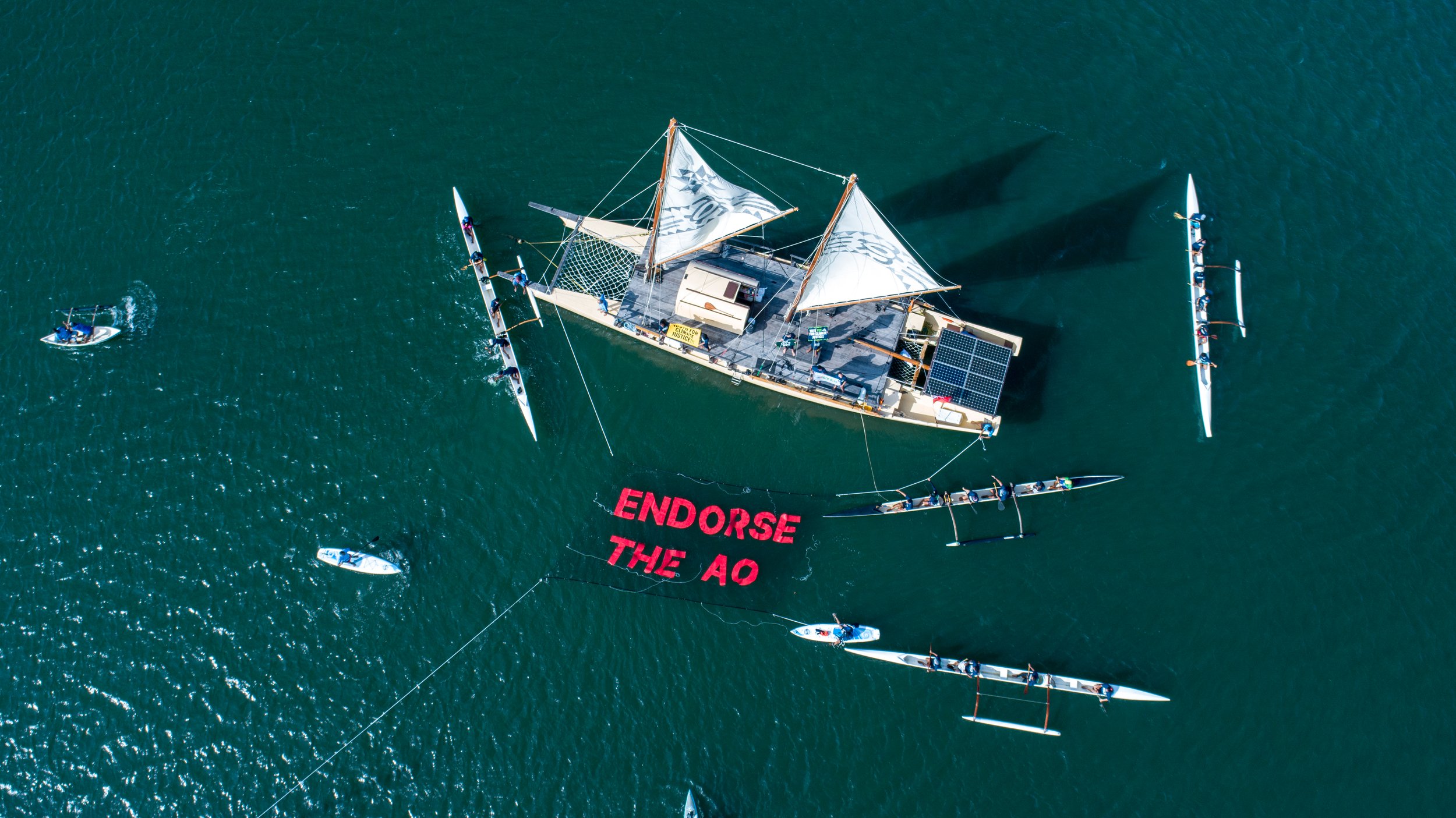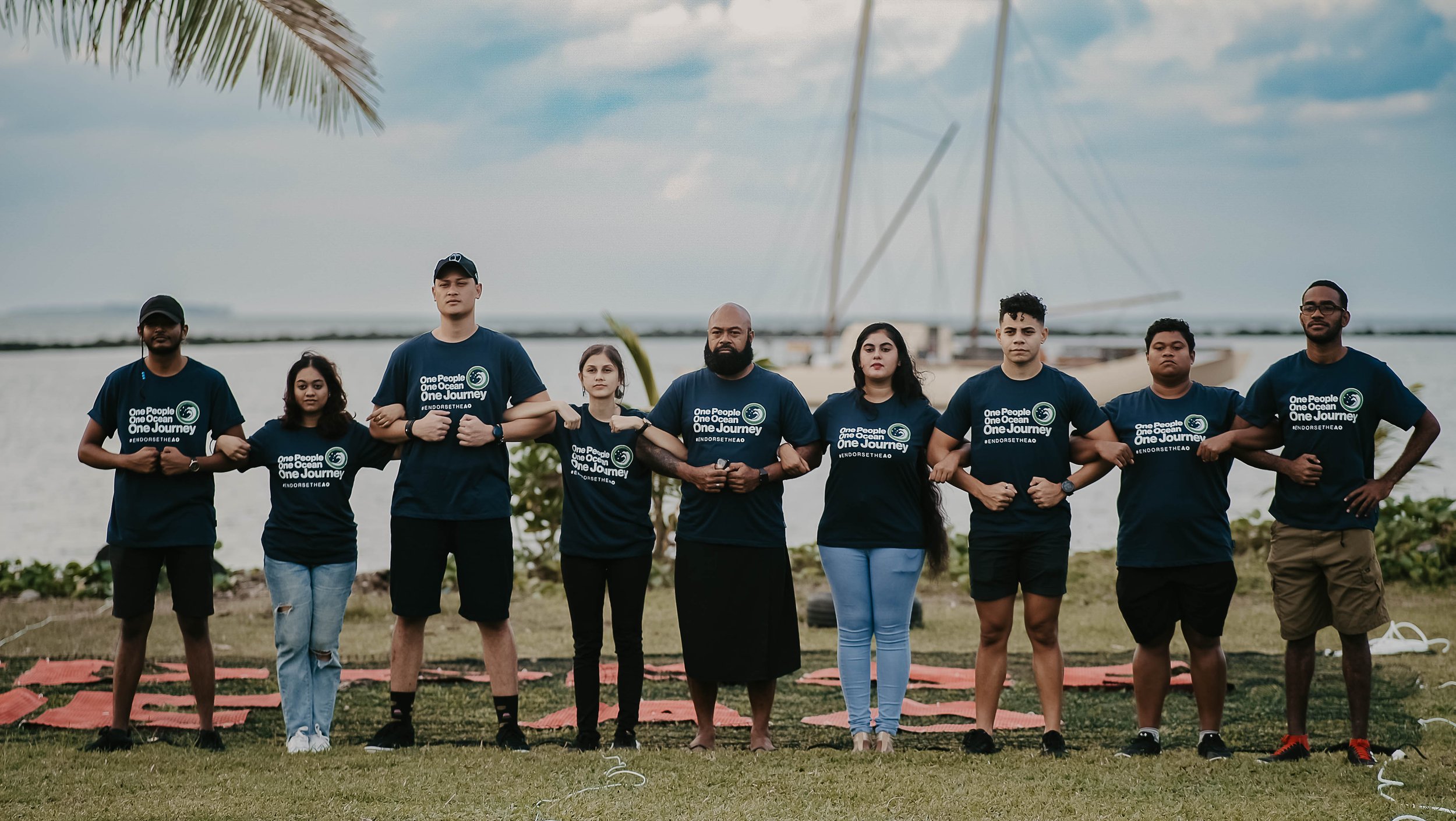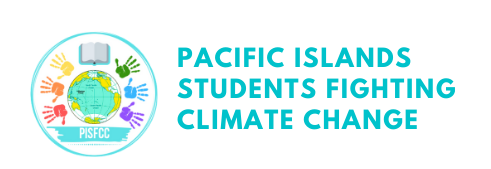
One People,
One Ocean,
One Journey
On Saturday 9 July, communities in Fiji and the region came together for the Pacific Solidarity Festival. The festival was organized by the ICJAO alliance, made up of student activists, civil society organizations and non-profits including the Pacific Island Students Fighting Climate Change, 350 Pacific, Greenpeace Australia Pacific, Pacific Islands Climate Action Network and Amnesty International.
We wanted to celebrate this journey we’re on, a journey of climate justice, a journey born out of the Pacific but aimed at protecting the basic human rights of people all over the world. The festival was also an opportunity to invite leaders from across the Pacific to join us on this voyage, taking the world’s biggest problem (climate change) to the world’s highest court (the International Court of Justice).
Our action saw outrigger canoes, boats, and stand-up paddle boards take to the Suva shorefront, unfurling a banner calling on our Pacific leaders to Endorse the Advisory Opinion at the 51st Pacific Island Forum’s Leaders meeting.

What does this mean for Pacific People? This means the protection of our homes, our livelihoods and our culture. This is why we are on this voyage. This is why we are on this canoe.
But we recognise that we cannot do this alone. We need to build community around this call for climate justice
If we want the international community to join us, we must first be united as one people, connected by one ocean, speaking a unified voice. We are fighting to not only protect our right to survival but the rights of future generations.
As the Pacific Islands Forum Leader’s Meeting drew to an end, Pacific leaders stood behind the resounding call from their people and endorsed the campaign—adjusting the sails of our Pacific fleet, and carrying the legacy of our ancestors and the future of our descendants, to the United Nations General Assembly.
So we are here, on this land, on this ocean, in our canoes, asking leaders to show us that they value our lives and our survival—to show us that they value the rights of vulnerable frontline communities the world over.
Now we are calling on world leaders to do the same.






